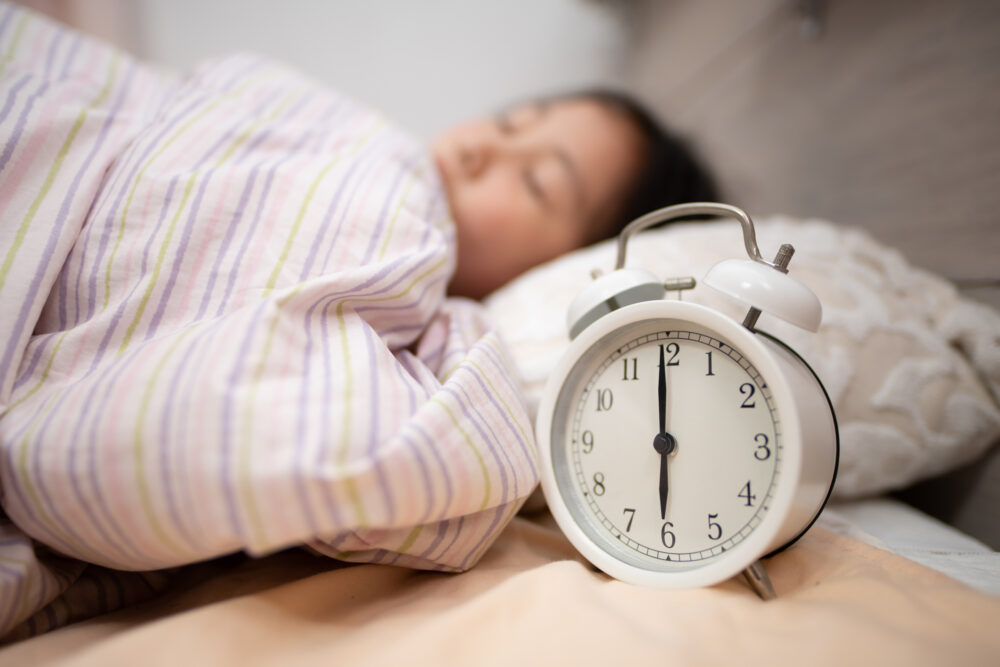
Sleep deprivation is more common than you think. So much so that a lack of sleep becomes embedded into our routines. Most people believe that they’re getting enough sleep without knowing that ‘enough’ is often defined on an individual basis. It’s important to be fully aware of all the warning signs so that you can adjust your sleep schedule adequately. Let’s get started…
You’re sleeping in later than you should
We’re all quite well-accustomed to a lay-in but if missing your alarm and waking up much later than you intended is becoming your norm, it’s usually a sign you’re having interrupted sleep or not getting enough of it.
You’re finding it difficult to lose weight
If you’re exercising regularly and generally sticking to a balanced diet, you may be confused if you’re gaining weight or not losing the weight you desire. And that’s when we suggest taking a closer look at your sleep.
Improper sleep leads to a dysregulation of our appetite control hormones which can increase hunger. People are also more likely to head for a sugary snack to boost their energy levels too.
It’s hard to concentrate
The right amount of sleep provides us with the right amount of energy – and energy gives us the ability to concentrate. So, if your brain isn’t quite cooperating with you, you probably need some more sleep.
Your sex drive has been reduced
If you haven’t been in the mood for sex for a while, sleep deprivation could be the cause. Sleep deprivation is known to lower testosterone levels which negatively impacts your libido. The Sleep Foundation notes:
“Sleep deprivation has been associated with reduced sexual desire and arousal in women. As a result, insomnia, one of the most common sleep disorders, may be a risk factor for sexual dysfunction. A lack of sleep and disrupted sleep have also been linked to a higher risk of erectile dysfunction.
Your body has aches and pains
Sleeping allows your body to rest and rejuvenate. Your body also needs this time to make growth hormones and conduct tissue repair. So, a lack of sleep robs the body of these vital practices which is why it’s especially important to sleep when you’re unwell.
Whilst the NHS advises adults need between 6 and 9 hours of sleep every night, our best advice is to get to know your body, and understand the number of hours your body operates best on!